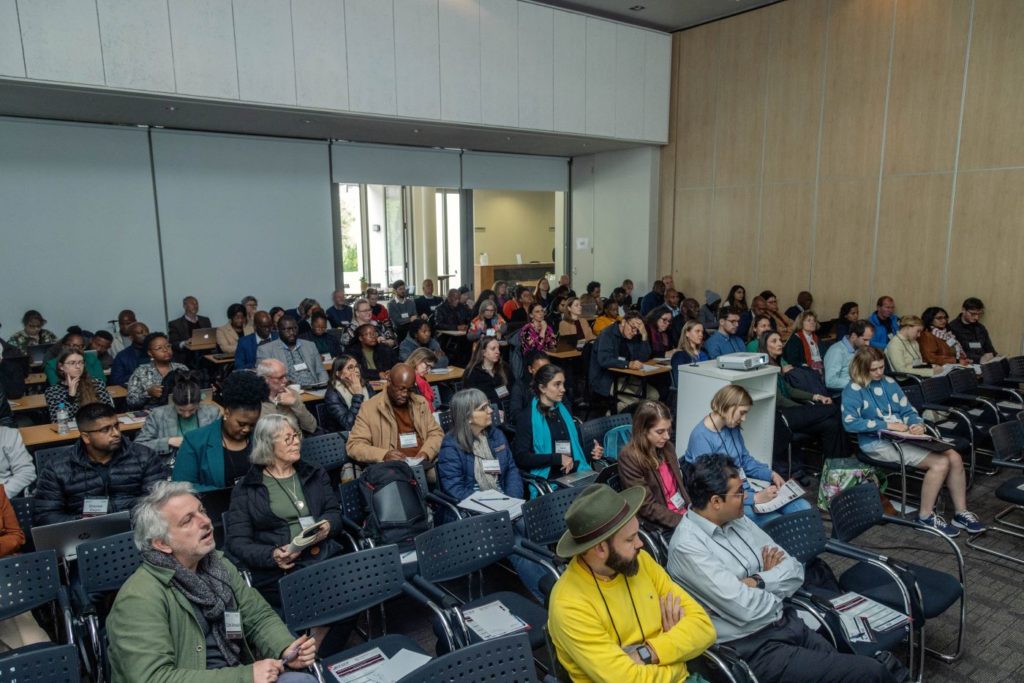In this Covid-Generation working paper, Bianca Böhmer and Gabrielle Wills contribute new evidence on pandemic effects on reading scores and inequalities in reading in South Africa through an in-depth analysis of data from the 2016 and 2021 Progress in International Reading Literacy Study (PIRLS) – a Grade 4 reading comprehension assessment.

This report leverages data mainly derived from the South African School Administration Management System (SA-SAMS), including a unique longitudinal version of the Data Driven Districts (DDD) data for three provinces as well as the Learner Unit Record Information Tracking System (Lurits) data and National Senior Certificate (matric) examination data to analyse the dynamics of the South African education system in the aftermath of the Covid-19 pandemic. It provides a detailed analysis of learner flows, assessment strategies, and teacher dynamics, offering valuable insights for policymakers and educational stakeholders and illustrating how such data can be used in education policy and planning.

The Teacher Demographic Dividend (TDD) project looks at the challenge of replacing older teachers, but it also offers the opportunity to renew the teaching workforce. The project seeks to understand these challenges and possible windows of opportunity created by this unprecedented demographic change.







